Home>Garden Essentials>Are Chia Seeds Good When Pregnant
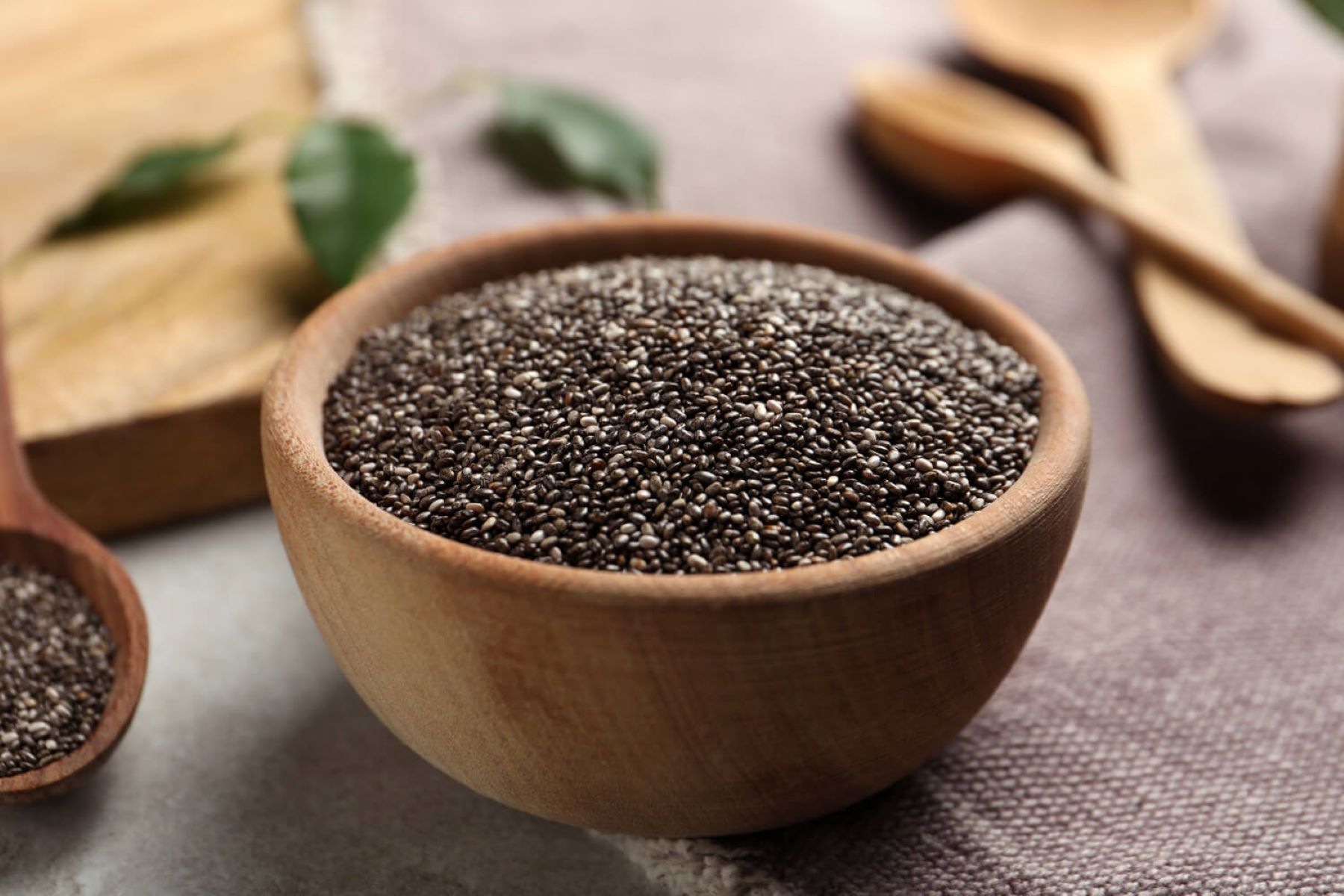

Garden Essentials
Are Chia Seeds Good When Pregnant
Modified: August 23, 2024
Discover the benefits of garden chia seeds during pregnancy! Learn how incorporating these nutritious seeds can support the health of you and your baby.
(Many of the links in this article redirect to a specific reviewed product. Your purchase of these products through affiliate links helps to generate commission for Storables.com, at no extra cost. Learn more)
Introduction
Being pregnant is an exciting and transformative time in a woman’s life. It is a period where making healthy choices becomes paramount, ensuring the well-being of both the mother and the growing baby. A crucial aspect of a healthy pregnancy is maintaining a balanced and nutritious diet.
One food that has gained popularity in recent years for its nutritional value is chia seeds. These tiny seeds, derived from the plant Salvia hispanica, are packed with essential nutrients and have been consumed for centuries by various cultures for their health benefits. But are chia seeds safe and beneficial to consume during pregnancy?
In this article, we will explore the nutritional profile of chia seeds, the potential benefits they offer during pregnancy, any associated risks or precautions, and how to incorporate them into a pregnancy diet.
Key Takeaways:
- Chia seeds are like tiny nutrient powerhouses that can help pregnant women and their babies stay healthy. They provide essential nutrients, boost energy, and support digestion, but should be eaten in moderation and as part of a balanced diet.
- Pregnant women can enjoy chia seeds in yummy ways like smoothies, puddings, and yogurt parfaits. But remember, chia seeds should be soaked before eating, and it’s important to consult a doctor for personalized advice.
Read more: What Are Chia Seeds And Flax Seeds Good For
Nutritional Profile of Chia Seeds
Chia seeds are a powerhouse of nutrition, containing an impressive array of vitamins, minerals, fiber, and omega-3 fatty acids. Here is a breakdown of the key nutrients found in chia seeds:
- Protein: Chia seeds are an excellent plant-based source of protein. Just one ounce (approximately 28 grams) of chia seeds contains around 4 grams of protein, making it a beneficial addition to a vegetarian or vegan diet.
- Fiber: Chia seeds are incredibly rich in dietary fiber. In fact, they are one of the highest fiber foods available. Fiber is essential for maintaining healthy digestion and preventing constipation, which can often be a common issue during pregnancy.
- Omega-3 Fatty Acids: Chia seeds are renowned for their omega-3 fatty acid content, particularly alpha-linolenic acid (ALA). Omega-3 fats are crucial for fetal brain development and can also have anti-inflammatory properties that benefit both the mother and baby.
- Calcium: Ensuring an adequate intake of calcium is vital during pregnancy to support the development of the baby’s bones and teeth. Chia seeds are an excellent plant-based source of calcium, offering more calcium per gram than most dairy products.
- Iron: Iron plays a crucial role in transporting oxygen to both the mother and the baby. Chia seeds contain a significant amount of iron, making them a valuable addition to a pregnancy diet, especially for individuals who follow a vegetarian or vegan lifestyle and may have a higher risk of iron deficiency.
- Antioxidants: Chia seeds are rich in antioxidants, which help protect cells from damage caused by free radicals. Antioxidants are beneficial for overall health and can support a healthy immune system.
It’s important to note that while chia seeds are nutrient-dense, they should not be relied upon as a sole source of nutrition during pregnancy. They should be consumed as part of a well-balanced diet that includes a variety of other healthy foods.
Benefits of Consuming Chia Seeds during Pregnancy
Incorporating chia seeds into a pregnancy diet can offer several potential benefits for both the mother and the growing baby. Here are some of the advantages of consuming chia seeds during pregnancy:
- Rich in essential nutrients: Chia seeds are packed with vital nutrients like protein, fiber, omega-3 fatty acids, calcium, and iron. These nutrients are essential for the healthy development of the baby and can support the overall well-being of the mother.
- Boosts energy levels: Pregnancy often comes with increased fatigue and low energy levels. Chia seeds can provide a natural energy boost due to their high nutrient content, including protein, healthy fats, and complex carbohydrates.
- Promotes healthy digestion: The high fiber content of chia seeds can help prevent constipation, a common issue during pregnancy. It aids in maintaining regular bowel movements and keeping the digestive system functioning optimally.
- Supports brain development: The omega-3 fatty acids present in chia seeds are crucial for the development of the baby’s brain and nervous system. Consuming chia seeds during pregnancy can contribute to the enrichment of the baby’s cognitive abilities.
- Manages blood sugar levels: Chia seeds can play a role in regulating blood sugar levels due to their fiber content. They help prevent rapid spikes in blood sugar after meals, providing a steadier release of glucose into the bloodstream.
- Reduces inflammation: The omega-3 fatty acids found in chia seeds have anti-inflammatory properties. During pregnancy, inflammation can occur, and incorporating chia seeds into the diet can help alleviate inflammation and promote overall well-being.
- Enhances satiety: Chia seeds absorb liquid and form a gel-like consistency in the stomach, which can contribute to a feeling of fullness or satiety. This can help prevent overeating and support healthy weight management during pregnancy.
While chia seeds offer many potential benefits during pregnancy, it’s important to remember that they should be consumed in moderation and as part of a well-balanced diet. If you have any specific concerns or medical conditions, it’s best to consult with a healthcare professional before incorporating chia seeds into your pregnancy diet.
Potential Risks and Precautions
While chia seeds can be a nutritious addition to a pregnancy diet, there are a few potential risks and precautions to consider:
- Allergic reactions: Some individuals may be allergic to chia seeds or have a sensitivity to them. If you have any known allergies or experience any adverse reactions after consuming chia seeds, it’s best to avoid them and consult with a healthcare professional.
- Increased fiber intake: Chia seeds are high in fiber, and consuming large amounts without gradually introducing them into your diet can lead to digestive discomfort, including bloating or gas. It’s essential to start with small portions and gradually increase your intake to allow your body to adjust.
- Choking hazard: Chia seeds can absorb liquid and become gel-like when exposed to moisture. It’s crucial to consume chia seeds properly hydrated and avoid consuming them dry, as they can expand in the throat and pose a choking hazard. Always soak chia seeds in water or other liquids before consuming.
- Interaction with medications: Chia seeds may interact with certain medications, including blood thinners. If you are taking any medications, it’s advisable to consult with your healthcare provider before incorporating chia seeds into your pregnancy diet.
As with any dietary change, it’s essential to listen to your body and monitor how it reacts to the inclusion of chia seeds. If you experience any adverse effects or concerns, discontinue use and seek medical advice.
It’s also important to remember that chia seeds should not replace a balanced diet during pregnancy. They should be consumed as part of a diverse range of nutrient-rich foods to ensure the intake of a wide variety of essential vitamins and minerals.
Chia seeds are a good source of omega-3 fatty acids, fiber, and protein, which can be beneficial during pregnancy. However, it’s important to consume them in moderation and consult with a healthcare provider before adding them to your diet.
Recommended Intake of Chia Seeds during Pregnancy
While chia seeds can provide numerous nutritional benefits, it’s important to consume them in moderation and within recommended guidelines. Aim for a daily intake of 1-2 tablespoons (approximately 15-30 grams) of chia seeds during pregnancy. This amount allows you to reap the benefits of their nutrients without overdoing it.
It’s important to note that chia seeds can absorb liquid and expand in size, so it’s crucial to consume them properly hydrated. Soak them in water or other liquids for about 15-20 minutes before consuming to ensure they are fully hydrated.
When incorporating chia seeds into your diet, it’s advisable to start with a small amount and gradually increase it over time. This allows your body to adjust to the increase in dietary fiber and prevents any digestive discomfort.
Remember that chia seeds should complement a well-rounded pregnancy diet that includes a variety of other nutrient-dense foods. They should not be relied upon as the sole source of nutrition but rather as an addition to a balanced eating plan.
If you have any specific dietary concerns or medical conditions, it’s recommended to consult with a healthcare professional or a registered dietitian who can provide personalized guidance on the appropriate intake of chia seeds during pregnancy.
Lastly, it’s important to ensure that the chia seeds you consume are of high quality. Look for organic options and store them in a cool, dry place in an airtight container to preserve their freshness and nutritional value.
Read more: Can You Eat Poppy Seeds When Pregnant
How to Incorporate Chia Seeds into a Pregnancy Diet
Adding chia seeds to your pregnancy diet can be a simple and versatile way to boost your nutrient intake. Here are some creative and delicious ways to incorporate chia seeds into your meals and snacks:
- Smoothies: Blend chia seeds into your favorite smoothie recipe to add a boost of nutrients and a slightly thick texture. The chia seeds will blend seamlessly with the other ingredients, enhancing the nutritional profile of your smoothie.
- Oatmeal or Overnight Oats: Stir chia seeds into your cooked oatmeal or overnight oats for added texture and a nutrient boost. The chia seeds will absorb the liquid and create a pudding-like consistency.
- Baked Goods: Add chia seeds to your homemade muffins, cookies, or bread recipes. They can be sprinkled on top or mixed directly into the batter, providing an extra crunch and nutritional punch.
- Yogurt Parfait: Layer chia seeds with Greek yogurt, fresh fruits, and granola to create a delicious and nutritious parfait. The chia seeds will add a fun texture and boost the protein and fiber content of your snack.
- Chia Seed Pudding: Mix chia seeds with your choice of milk (such as almond milk or coconut milk), sweetener, and flavorings (such as vanilla extract or cocoa powder) to create a creamy chia seed pudding. Let it set in the fridge for a few hours or overnight, and enjoy a nutritious and satisfying dessert or snack.
- Sprinkle on Salads or Acai Bowls: Sprinkle chia seeds on top of refreshing salads or acai bowls to add a healthy crunch. They can act as a nutritious topping that adds texture and visual appeal to your dish.
Remember to properly hydrate the chia seeds before consuming them, as they can absorb liquid and expand in size. This will ensure that you benefit from their nutritional properties while avoiding any potential discomfort.
It’s important to note that chia seeds can be enjoyed in a variety of ways, but it’s crucial not to rely solely on chia seeds as a substitute for other important foods during pregnancy. They should be part of a well-rounded diet that includes a mix of fruits, vegetables, whole grains, lean proteins, and healthy fats.
As with any dietary change, if you have any concerns or specific dietary requirements, it’s always best to consult with a healthcare professional or a registered dietitian who can provide individualized guidance based on your unique needs.
Conclusion
Incorporating chia seeds into a pregnancy diet can provide a range of nutritional benefits, thanks to their rich content of protein, fiber, omega-3 fatty acids, calcium, and iron. Consuming chia seeds in moderation can contribute to a healthy and balanced diet during this critical phase of life.
Chia seeds offer various advantages, including supporting healthy digestion, providing essential nutrients for the baby’s development, boosting energy levels, managing blood sugar levels, reducing inflammation, and enhancing feelings of satiety.
However, it’s important to be aware of potential risks and precautions, such as allergies, increased fiber intake, choking hazards, and potential medication interactions. It’s crucial to consume chia seeds in the appropriate manner, ensuring they are hydrated and integrated into a diverse range of nutrient-rich foods.
Remember, chia seeds should not replace a well-rounded and balanced pregnancy diet. They should be part of a larger collection of nutritious foods that ensure the intake of essential vitamins, minerals, and other nutrients necessary for a healthy pregnancy.
If you have any concerns or specific dietary needs, it’s best to consult with a healthcare professional or a registered dietitian who can offer personalized advice and guidance based on your unique situation.
In conclusion, chia seeds can be a valuable addition to a pregnancy diet, providing a wide array of nutrients and potential health benefits. Enjoy them in moderation and explore different ways to incorporate them into your meals and snacks for a wholesome and nourishing experience during this special time.
Frequently Asked Questions about Are Chia Seeds Good When Pregnant
Was this page helpful?
At Storables.com, we guarantee accurate and reliable information. Our content, validated by Expert Board Contributors, is crafted following stringent Editorial Policies. We're committed to providing you with well-researched, expert-backed insights for all your informational needs.
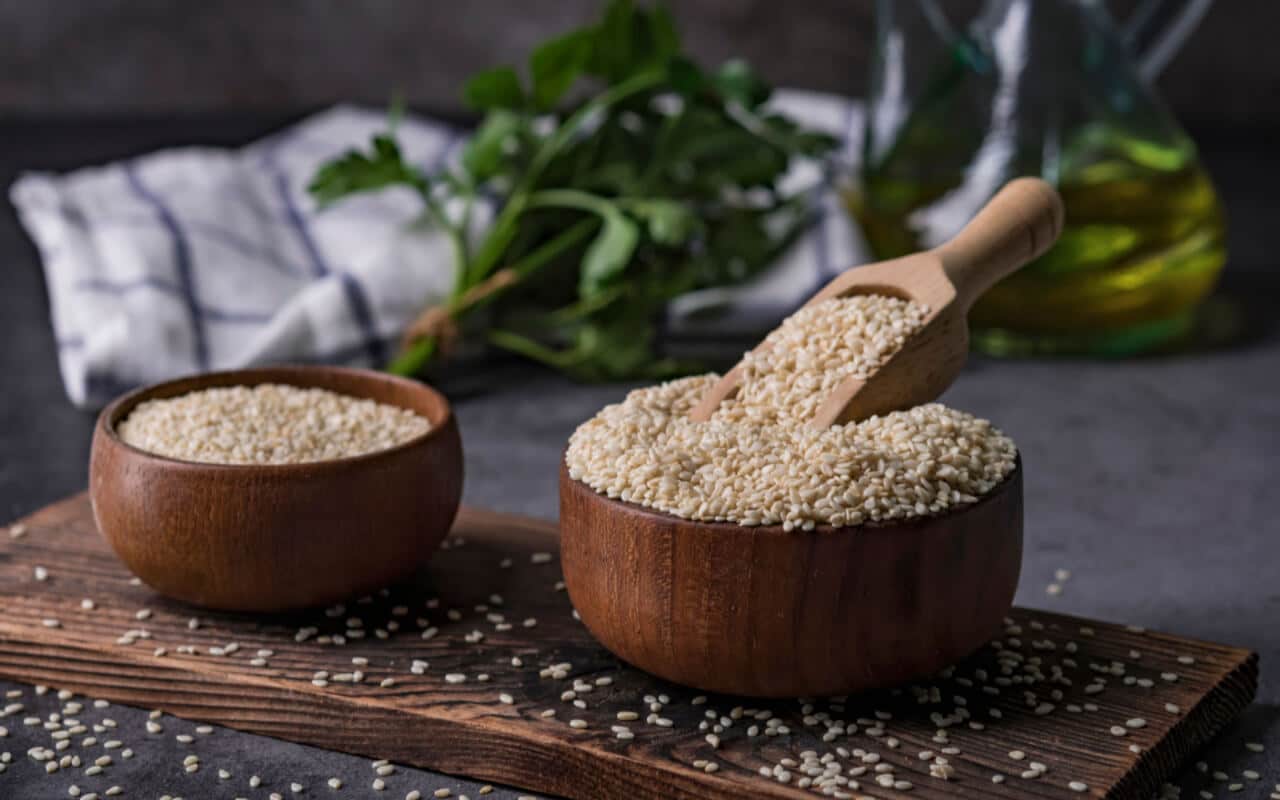
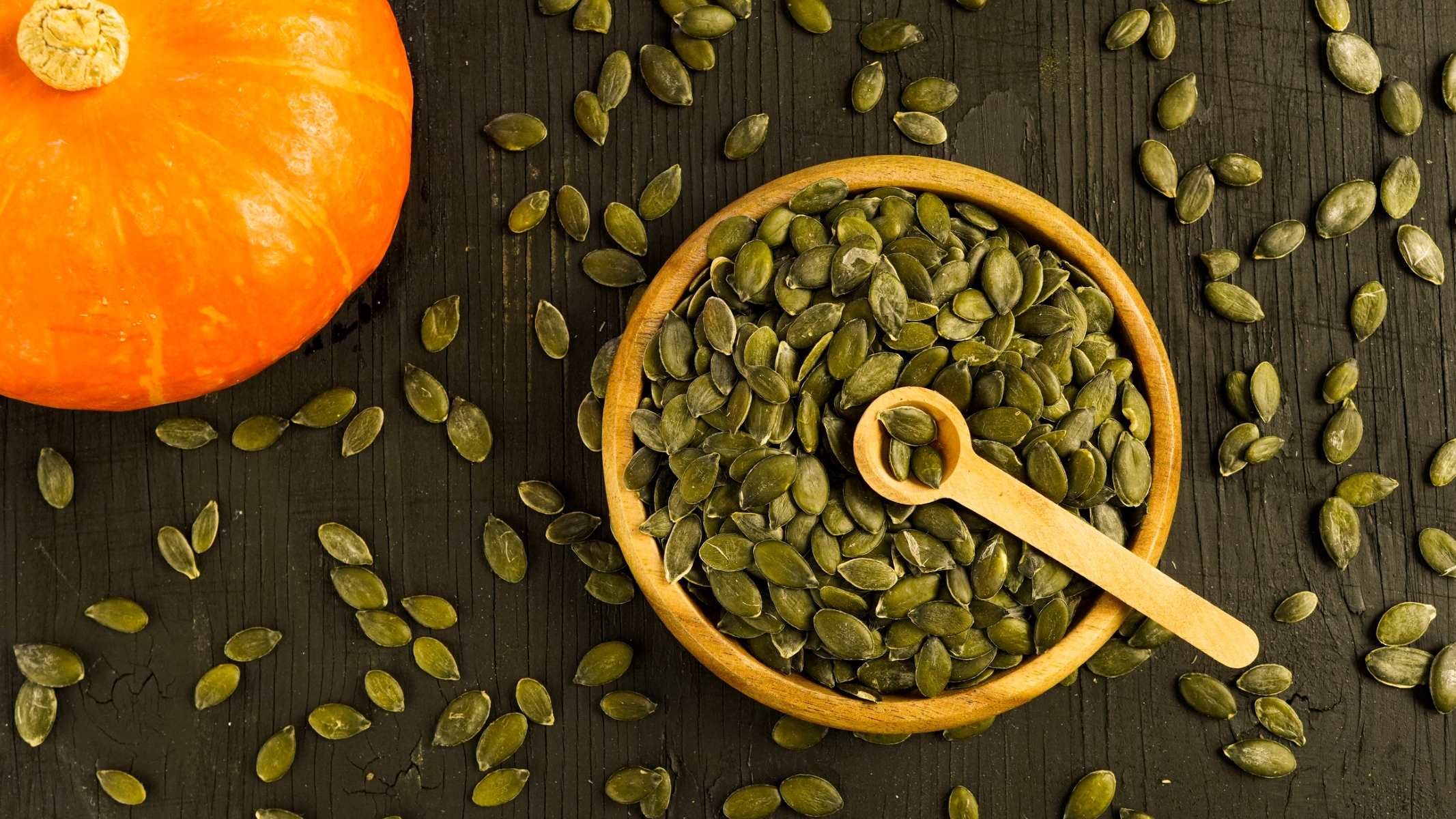
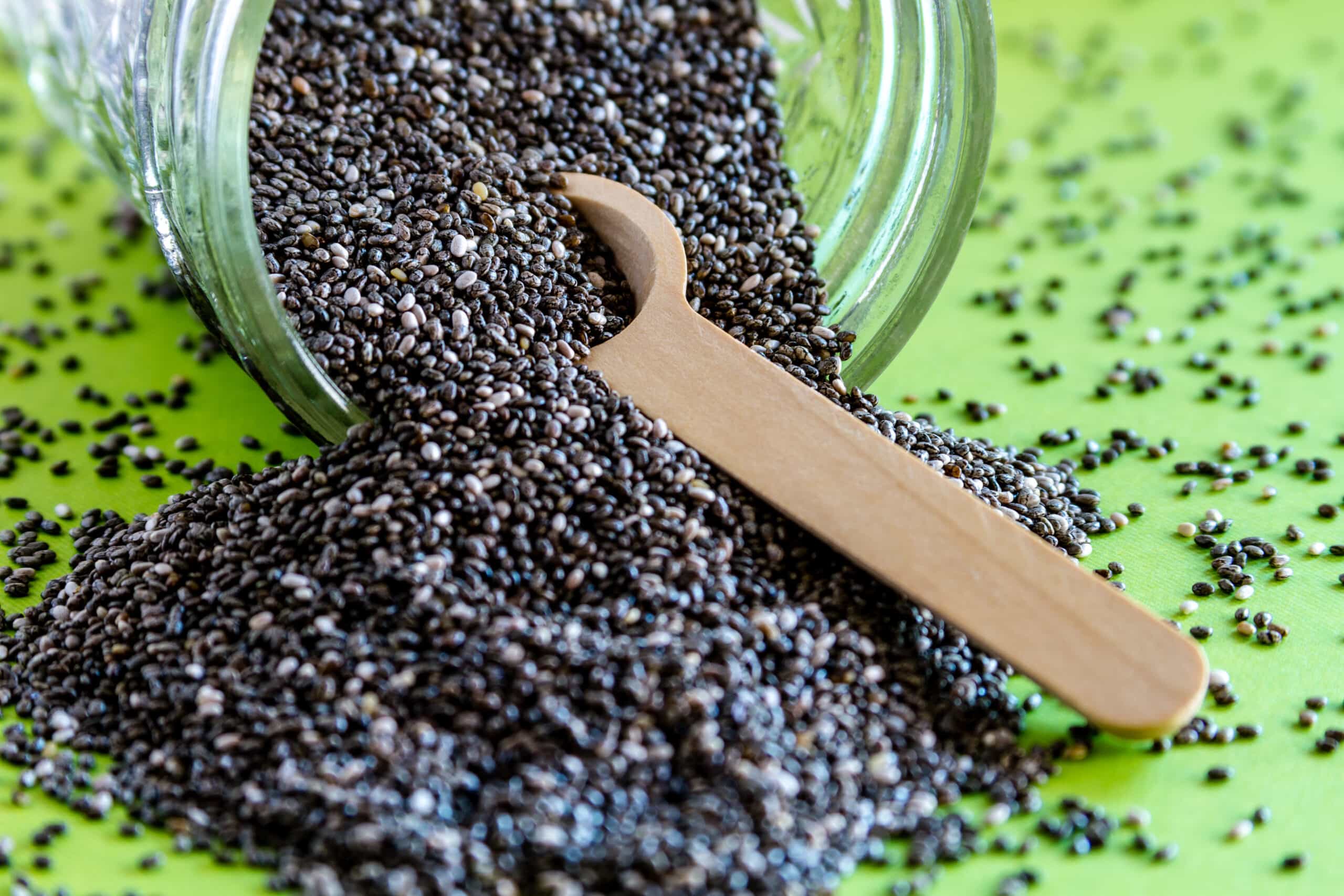
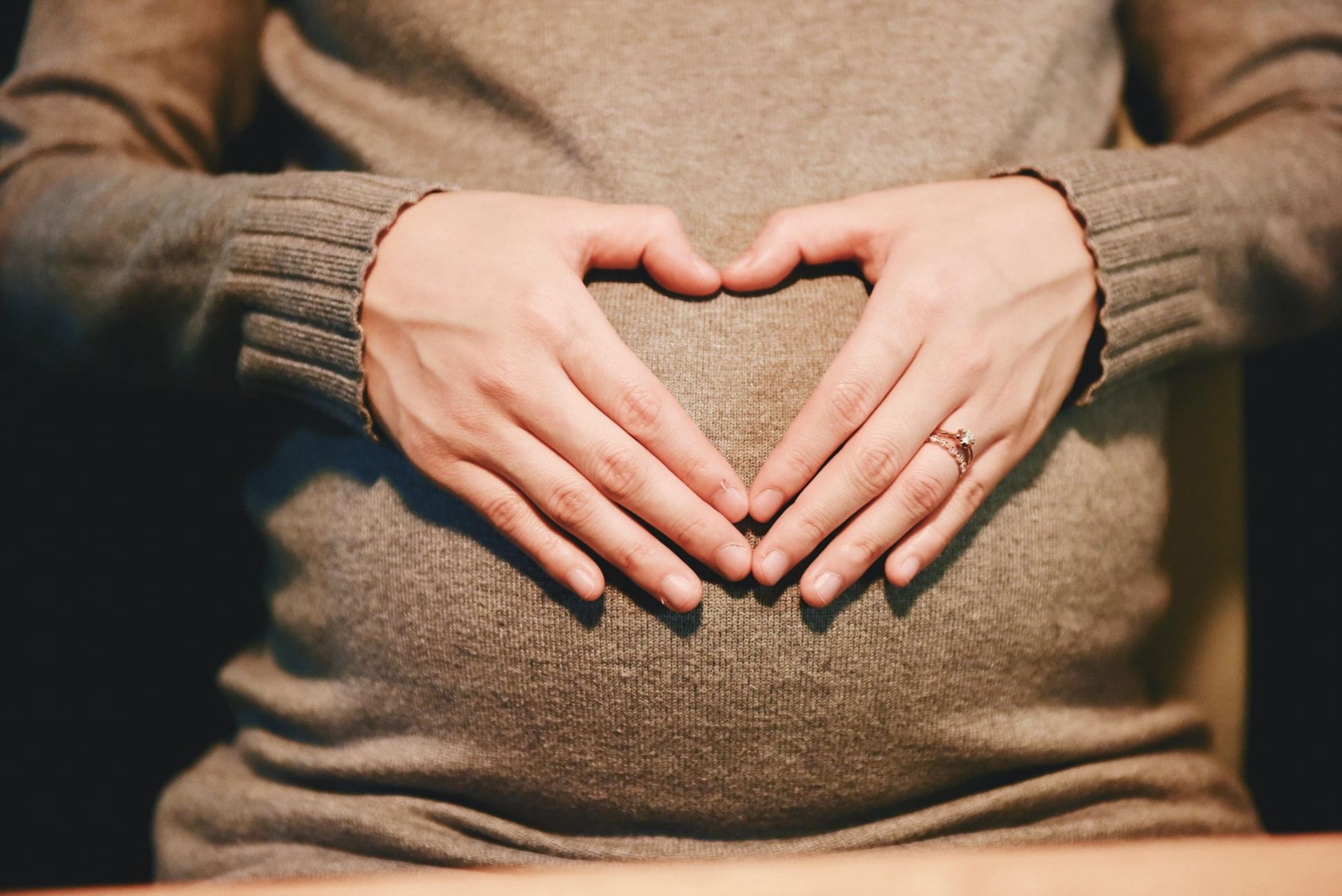
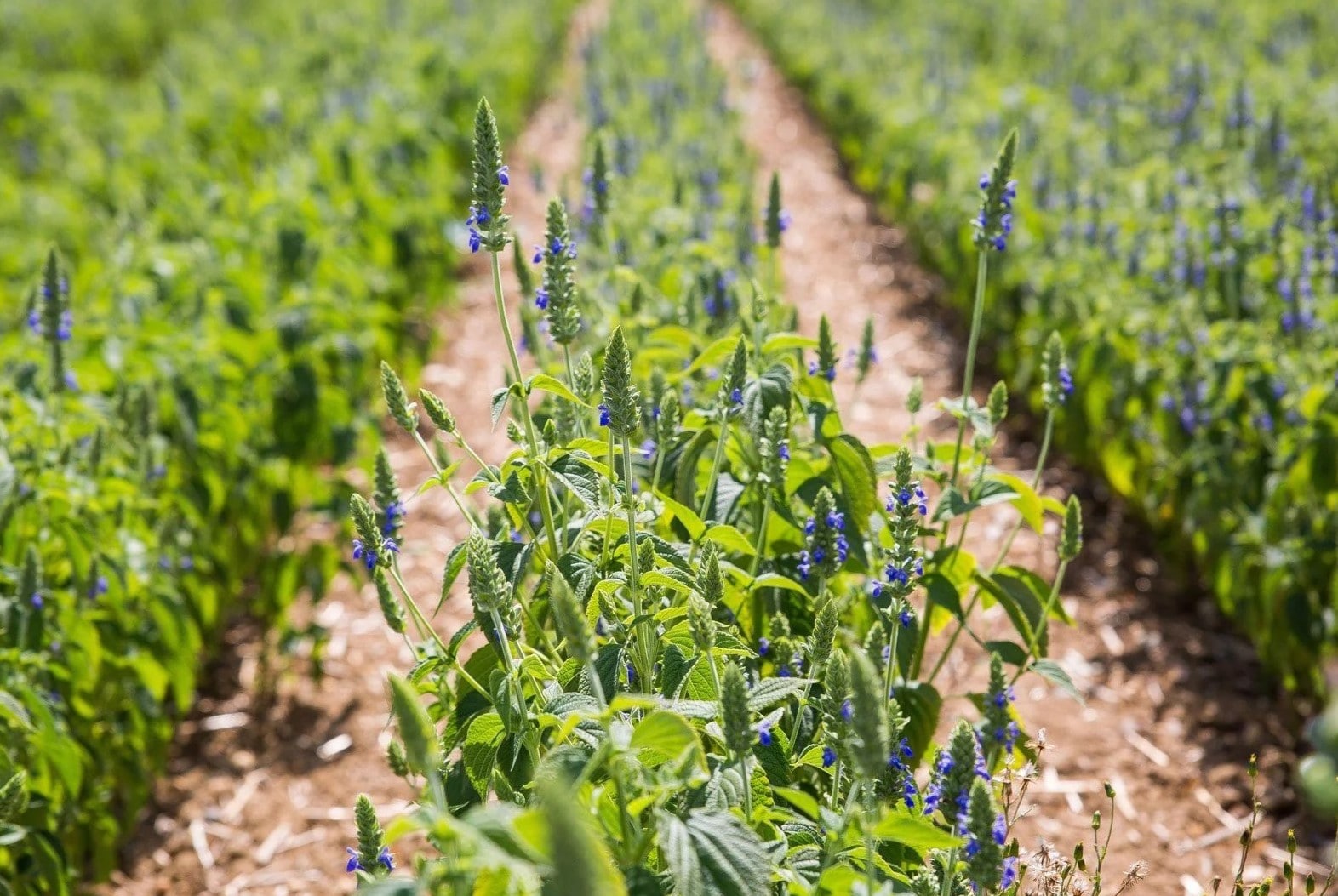
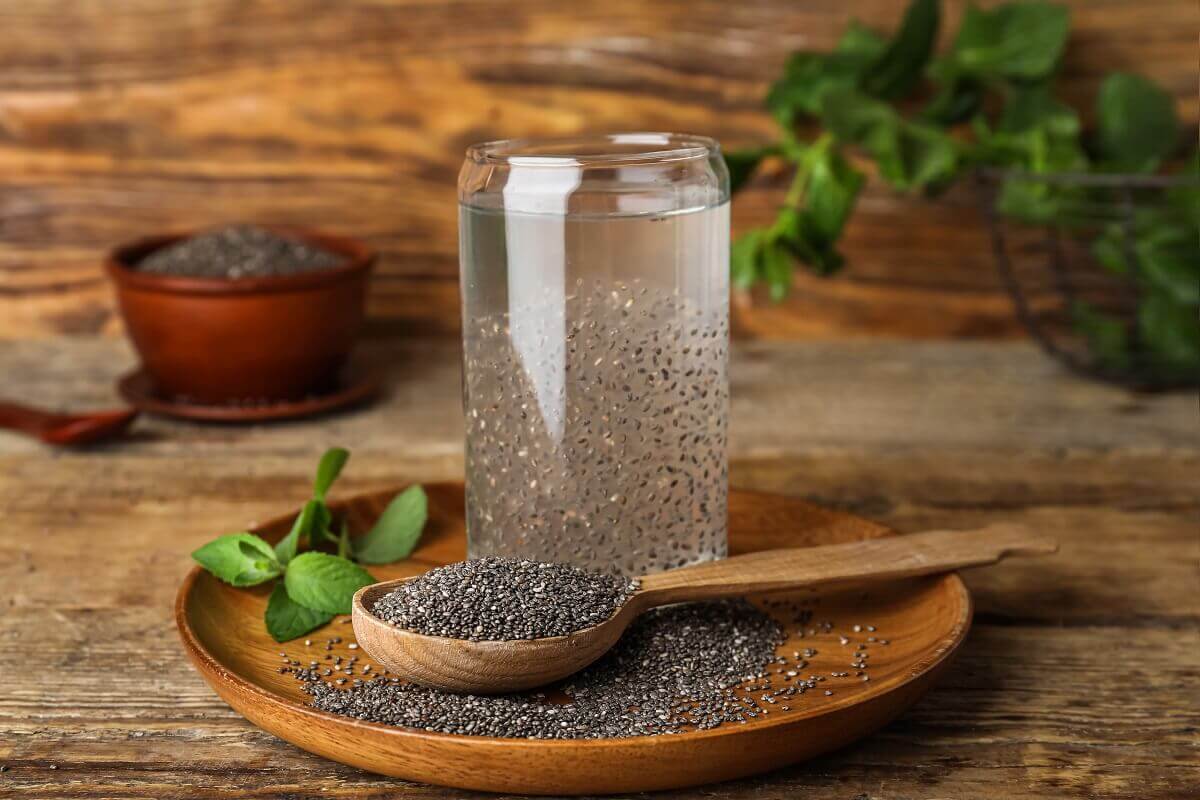
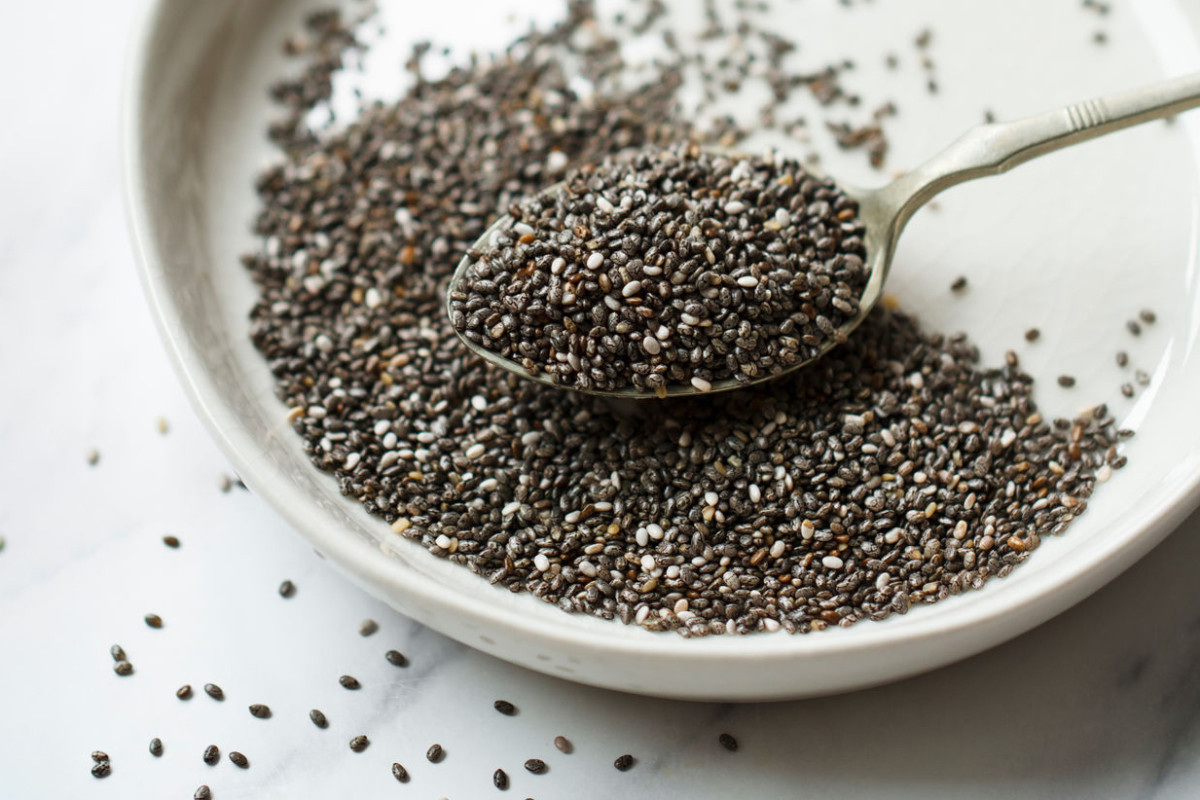
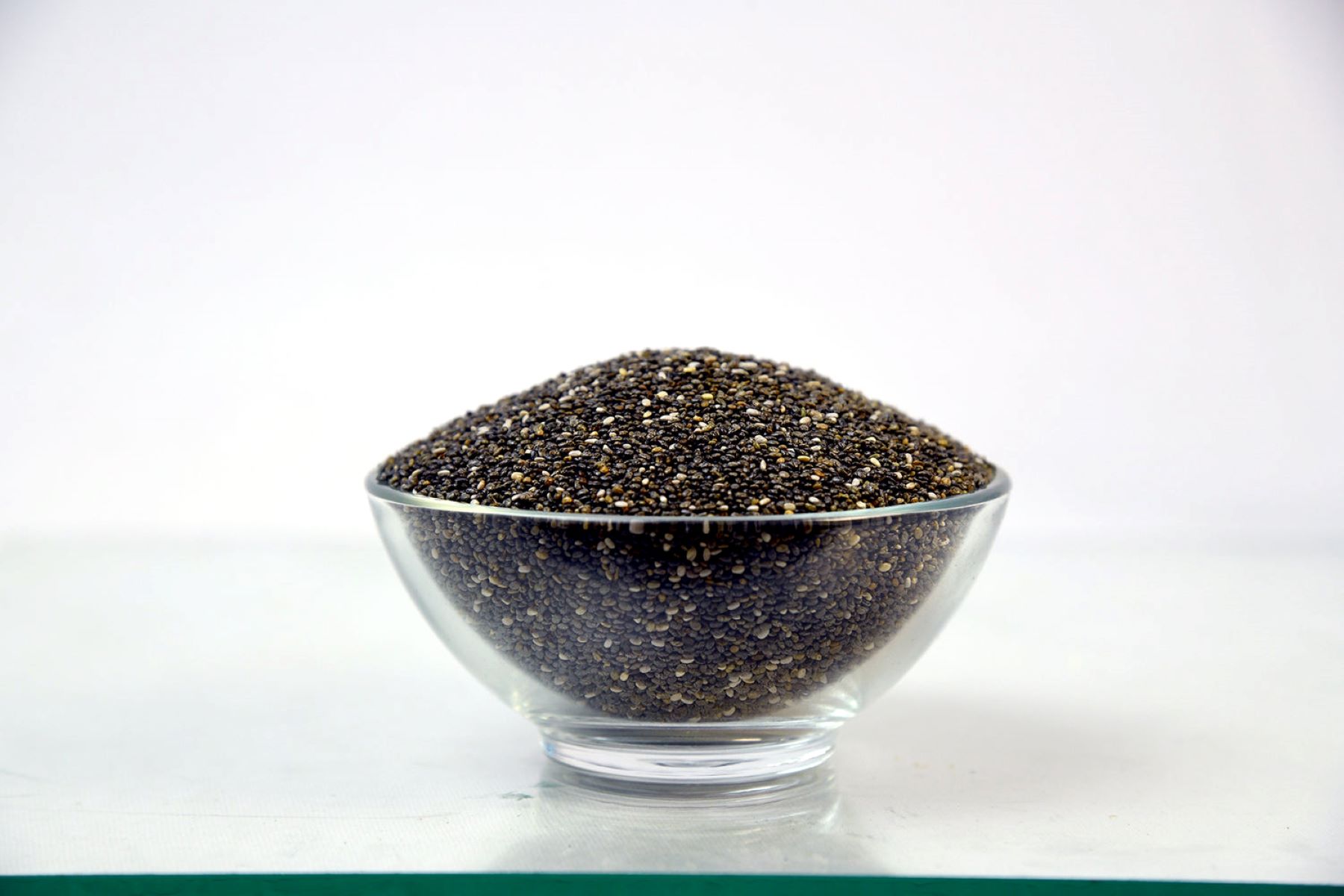
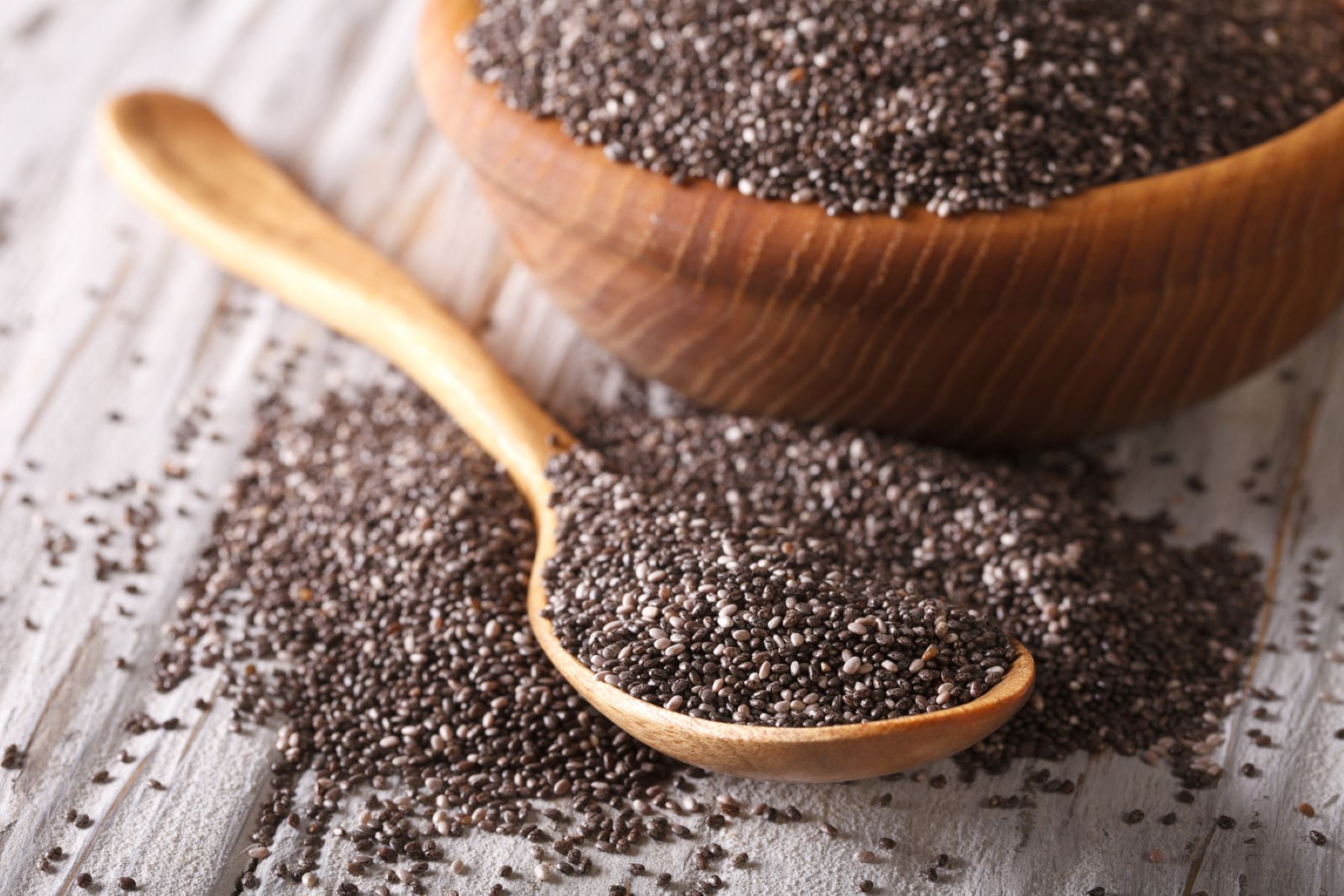
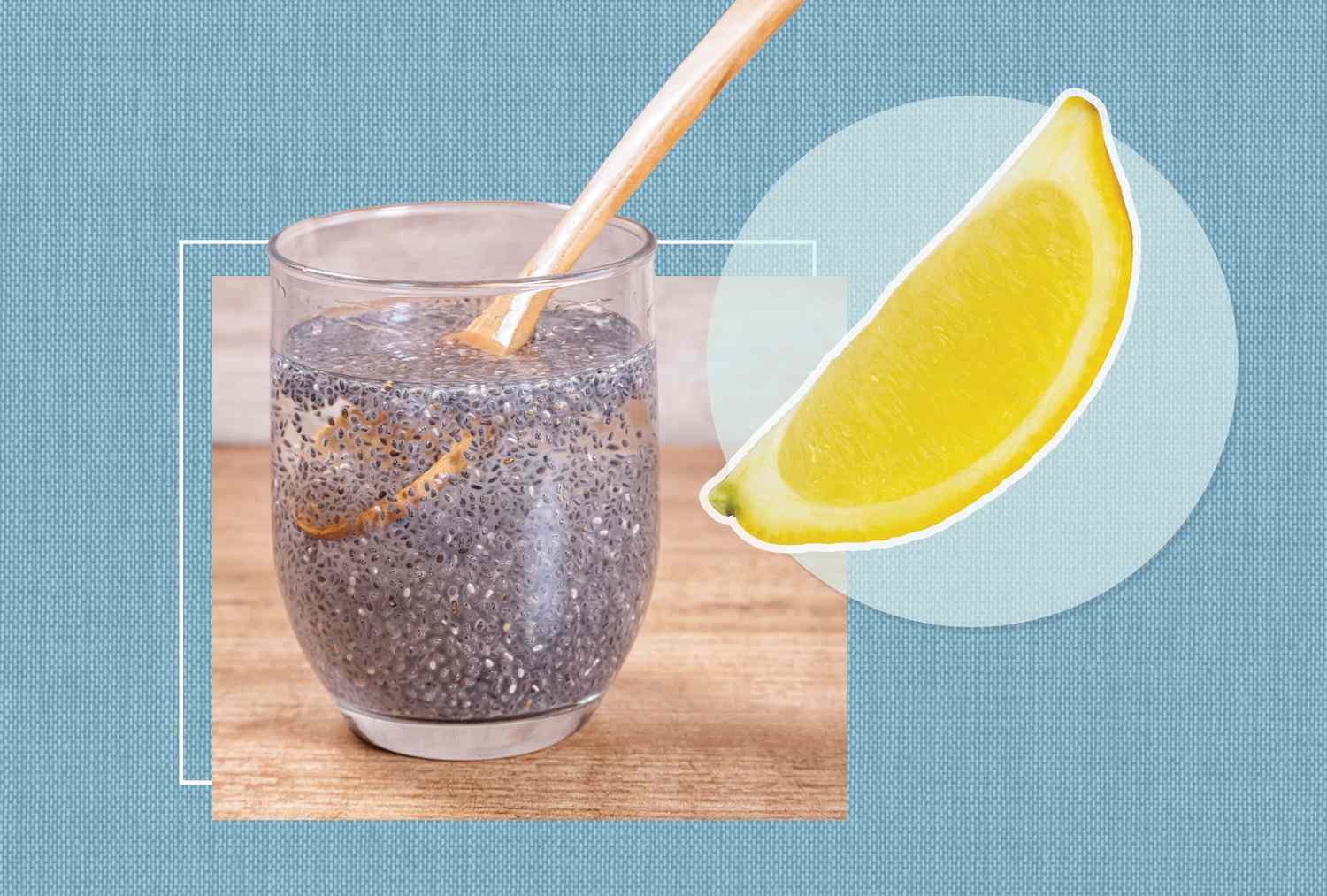

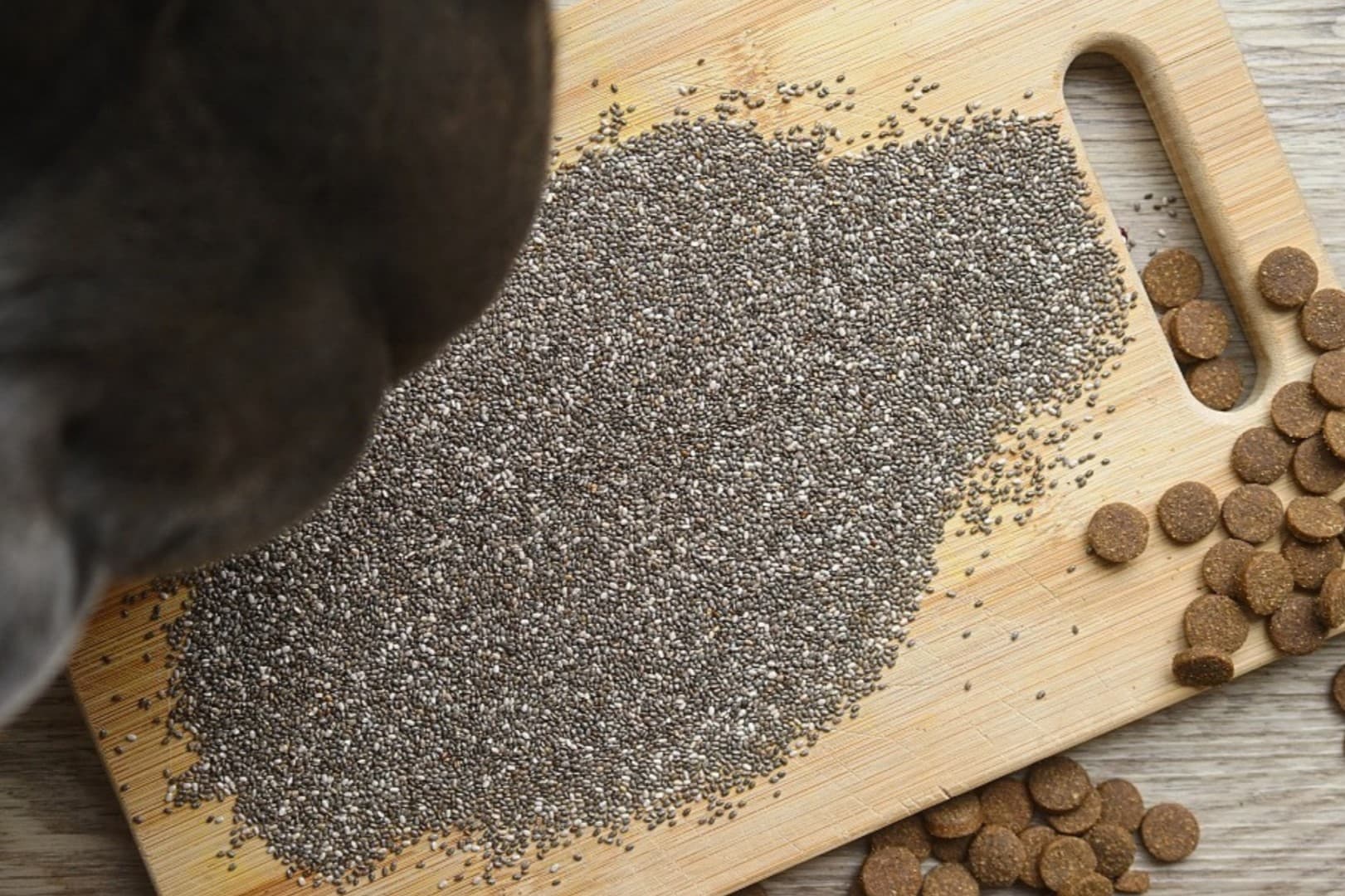
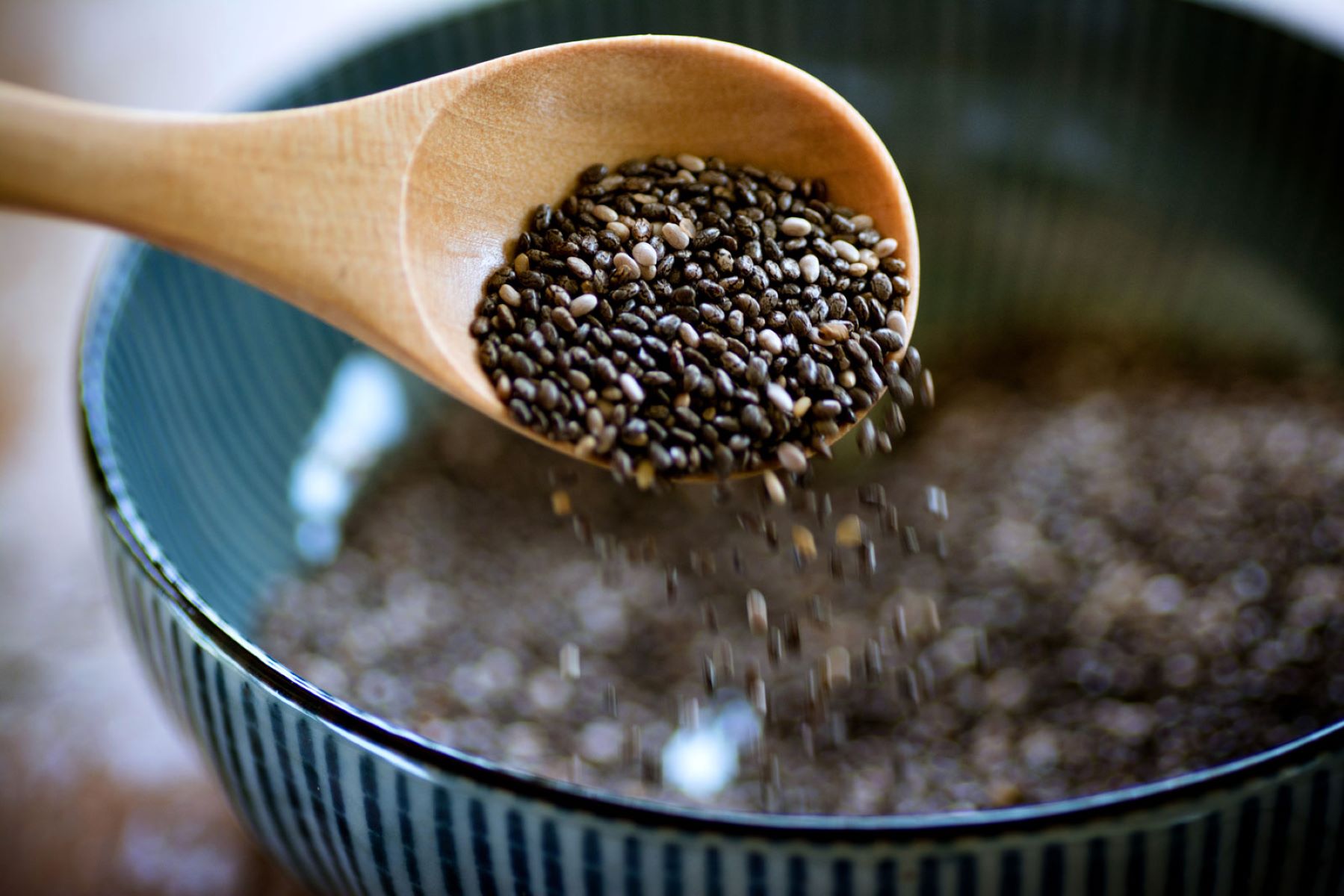
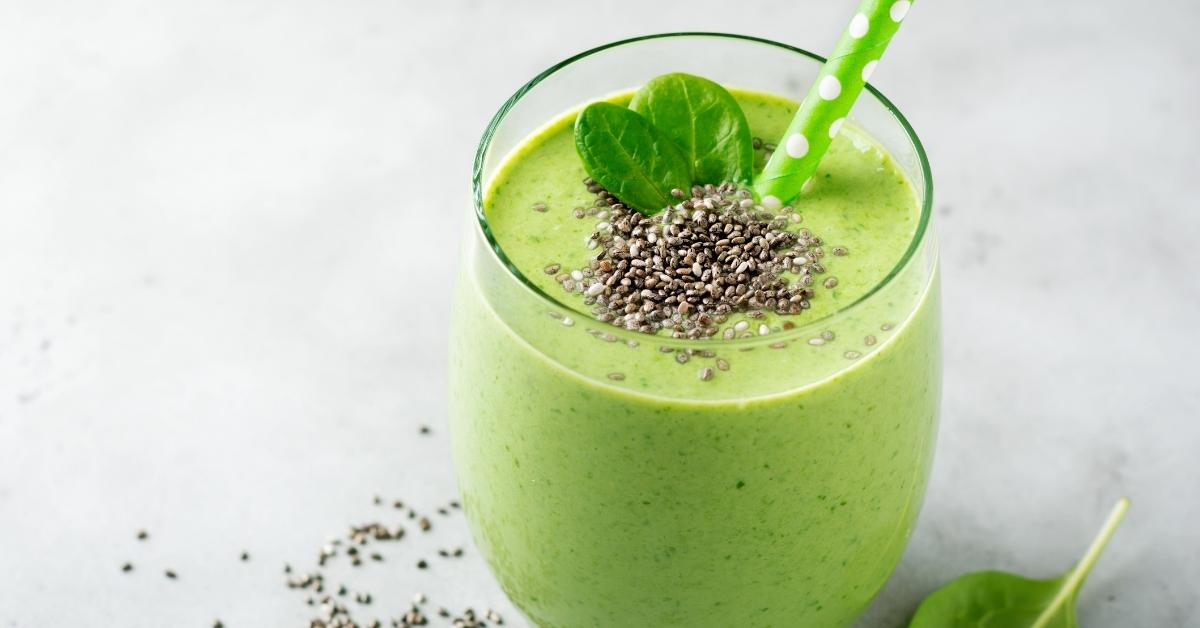

0 thoughts on “Are Chia Seeds Good When Pregnant”